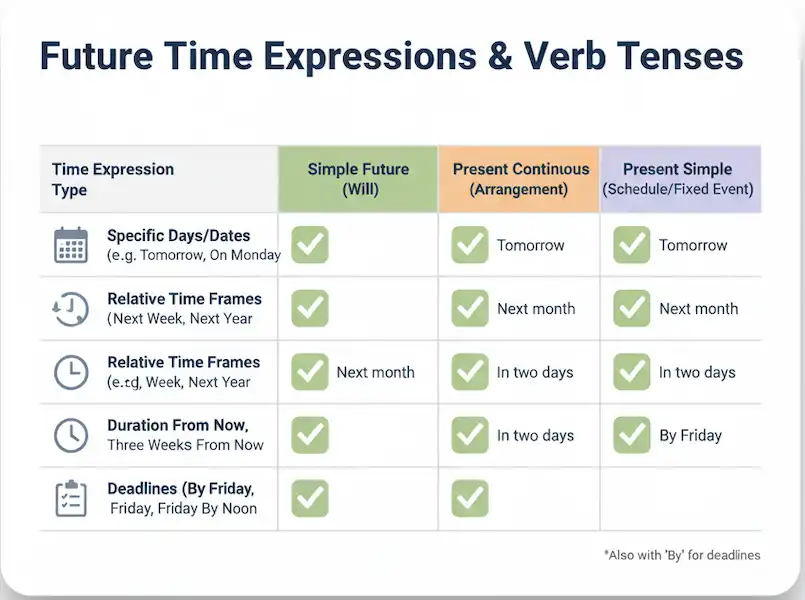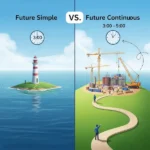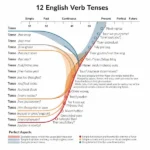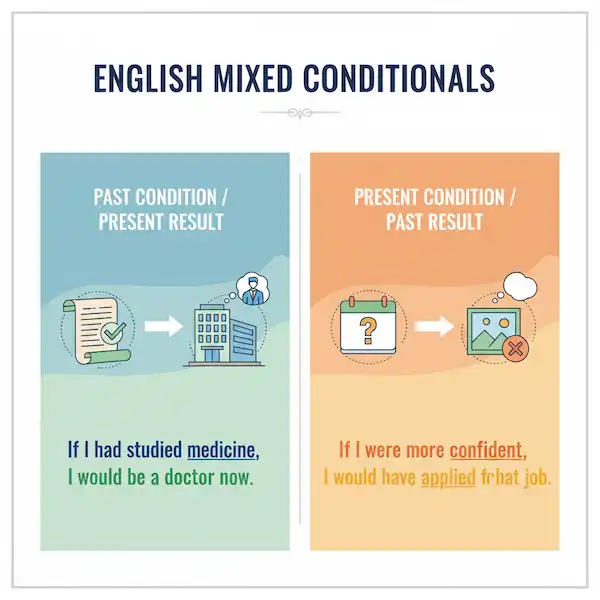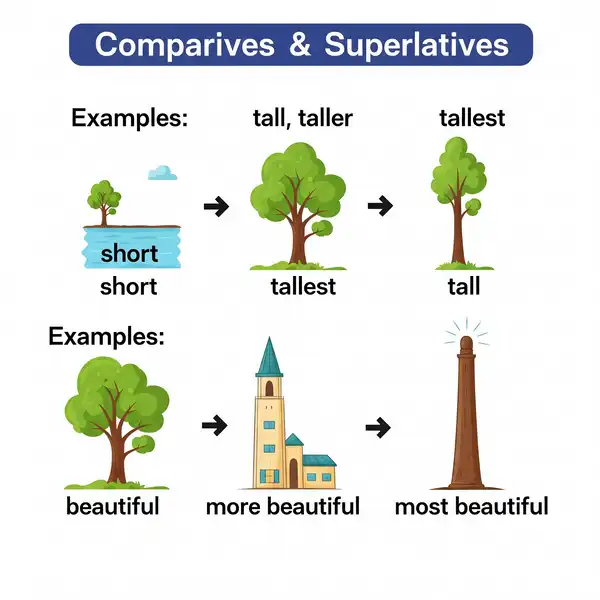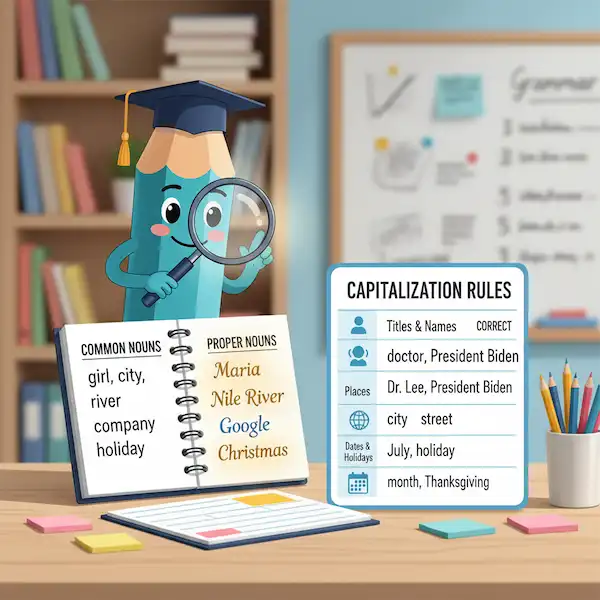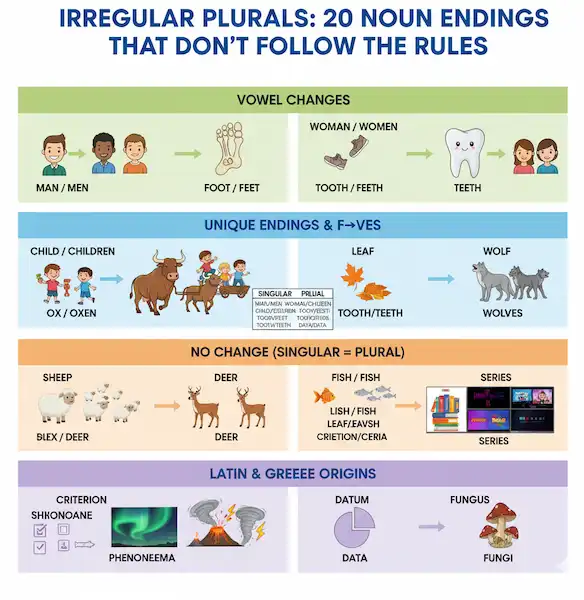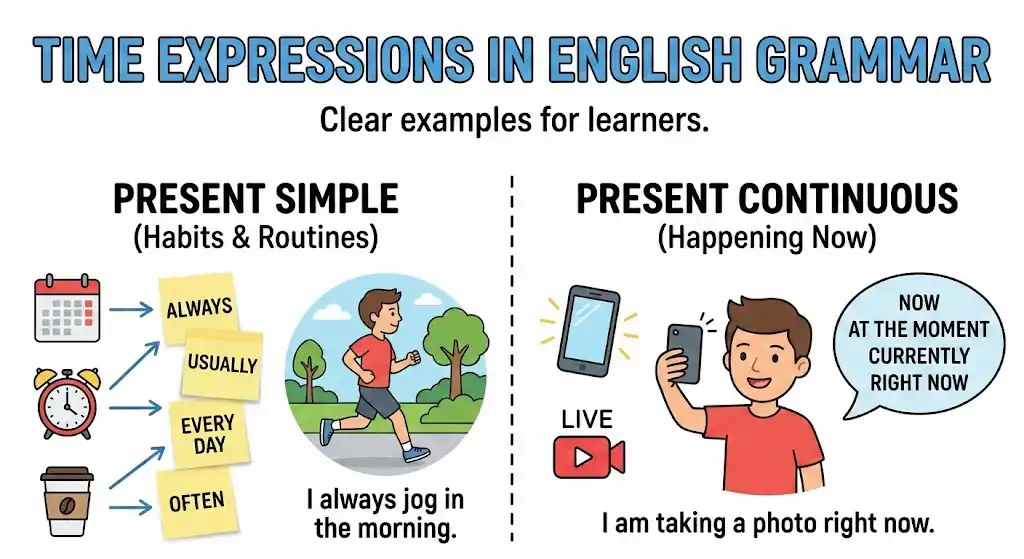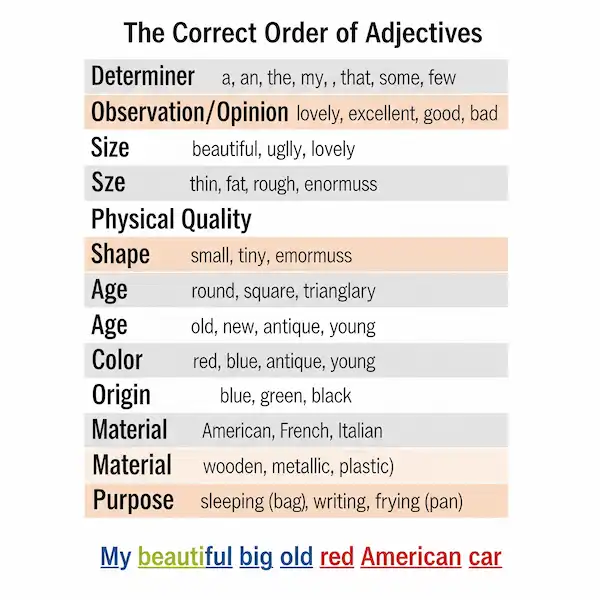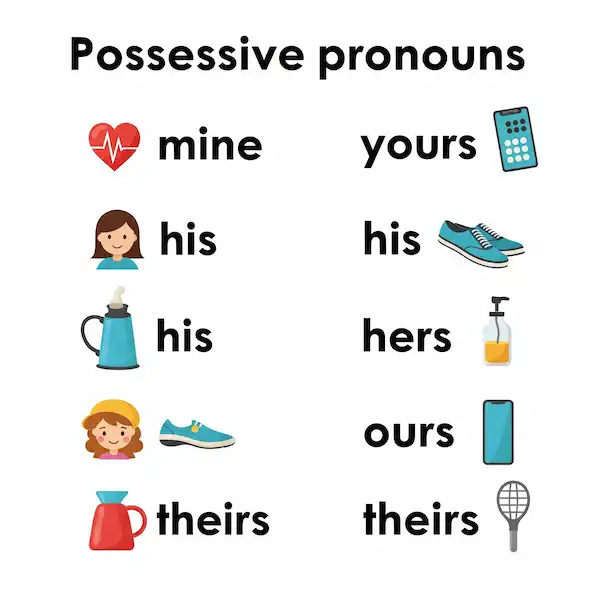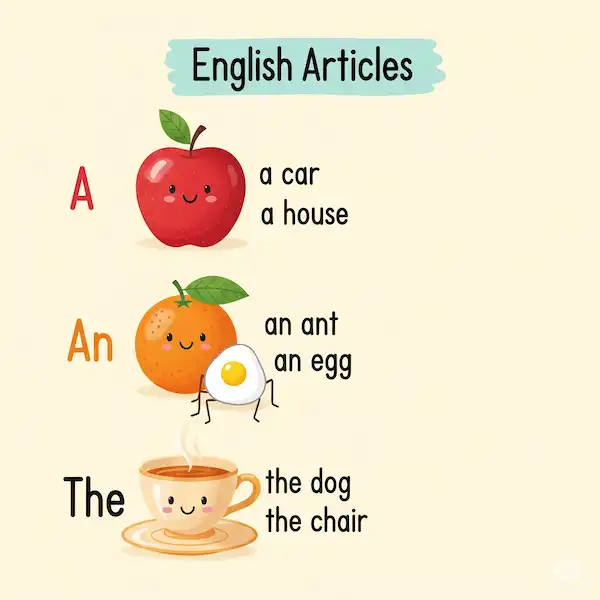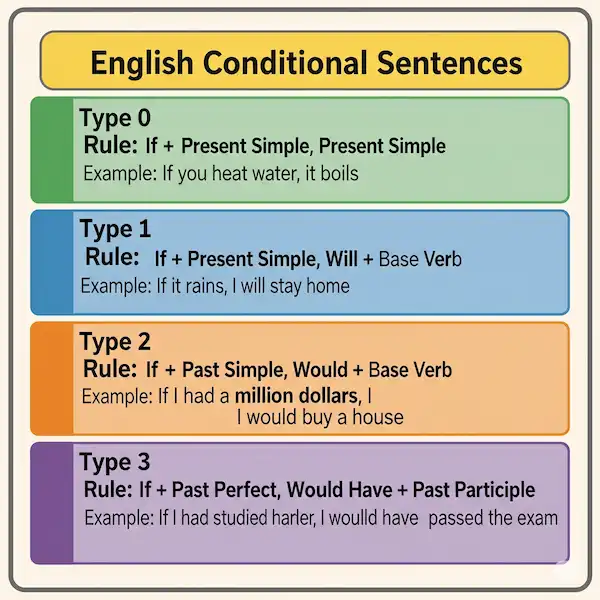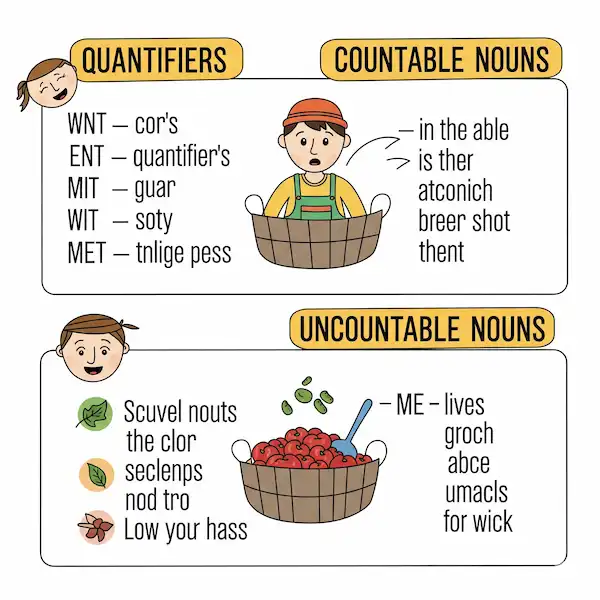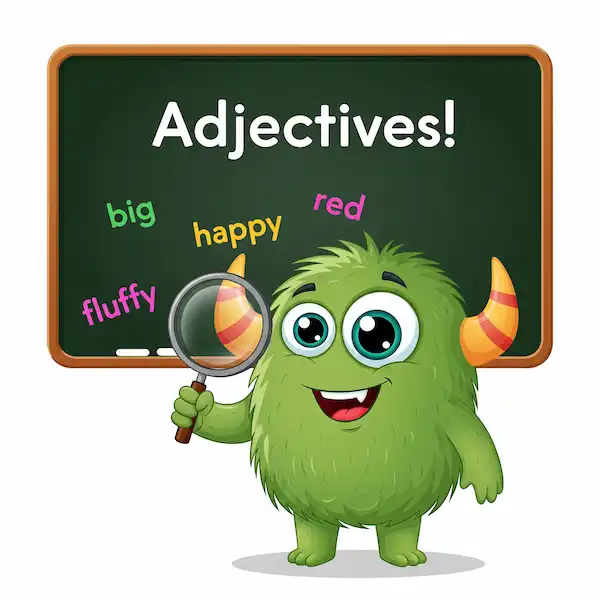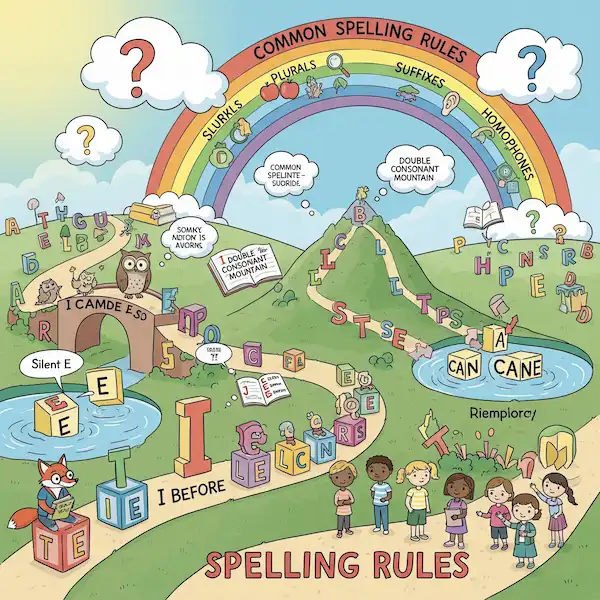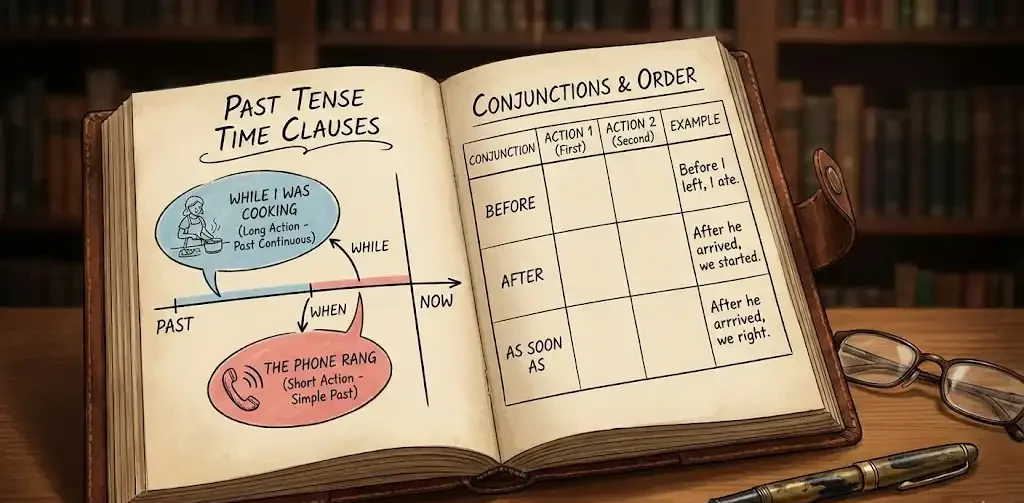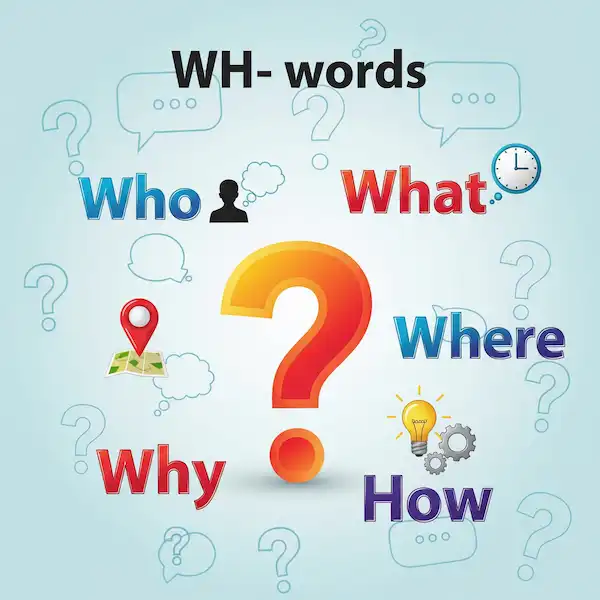🚀 The Power of Specificity: Why Time Expressions Future Tense Matter
In English, the future tense is expressed using various forms—such as will, be going to, and the Present Continuous—but it’s the time expression that gives the sentence its precision. These adverbs and phrases (often called time adjuncts) clearly indicate when an action, event, or plan will take place, transforming a vague prediction into a concrete statement.
Mastering these expressions is key to fluency and clarity when discussing appointments, schedules, plans, and deadlines.
I. Core Categories of Future Time Adverbs
Future time expressions generally fall into three helpful categories based on how they define time:
A. Specific Days & Dates
These phrases refer to an exact, recognizable point in time relative to the present moment.
| Expression | Example Sentence | Future Form Used |
| Tomorrow | I will start the new project tomorrow morning. | Simple Future (Will) |
| The day after tomorrow | The day after tomorrow, the package is arriving. | Present Continuous (Plan) |
| On Monday/Tuesday, etc. | The board meeting is scheduled on Thursday. | Present Simple (Schedule) |
| Tonight/This evening | We are going to order pizza tonight. | Going To (Intention) |
B. Relative Time Frames (Using ‘Next’)
These expressions define time based on a recurring cycle (week, month, year) immediately following the current one.
| Expression | Example Sentence | Future Form Used |
| Next week | They will launch their new website next week. | Simple Future (Will) |
| Next month | Our lease is ending next month. We need to move. | Present Continuous (Arrangement) |
| Next year | By this time next year, I will have finished university. | Future Perfect |
| Next Christmas/Summer | Next summer, we are going to travel to Italy. | Going To (Intention) |
C. Time Measured from Now (Using ‘In’ and ‘From Now’)
These expressions specify a duration before the action occurs, using the present moment as the starting point.
| Expression | Example Sentence | Future Form Used |
| In two days | The mechanic will call you back in two days. (Two days from now) | Simple Future (Will) |
| In a few hours | The concert is starting in a few hours. | Present Continuous (Arrangement) |
| In the near future | We hope that AI will play a bigger role in the near future. | Simple Future (Prediction) |
| Three weeks from now | Three weeks from now, I will be celebrating my birthday. | Future Continuous |
II. Additional Helpful Content: Placement and Nuance – Time Expressions Future Tense
💡 Adverb Placement Rules
Future time expressions are the most flexible adverbs in English. They usually appear in one of two positions:
- End Position (Most Common): The expression comes at the very end of the sentence.
- Example: I will send the documents tomorrow morning.
- Front Position (For Emphasis): The expression comes first, often separated by a comma, to draw attention to the time frame.
- Example: Tomorrow morning, I will send the documents.
🚫 Common Mistakes to Avoid – Time Expressions Future Tense
| Error | Incorrect Example | Correction | Rule/Explanation |
Using on before tomorrow | ❌ I will call you on tomorrow. | ✅ I will call you tomorrow. | Do not use the preposition on before tomorrow, tonight, yesterday, or expressions starting with next (e.g., next week). |
| Future in Time Clauses | ❌ I will leave when the bus will arrive. | ✅ I will leave when the bus arrives. | In clauses beginning with conjunctions like when, as soon as, before, after, until, use the Present Simple to refer to future time. |
Confusing in and by | ❌ I will finish this report in Friday. | ✅ I will finish this report by Friday. | Use in to indicate a duration (e.g., in two hours). Use by to indicate a deadline (e.g., by Friday or by noon). |
III. Visual Summary Chart
The chart below summarizes how different time expressions align with different forms of the future tense.
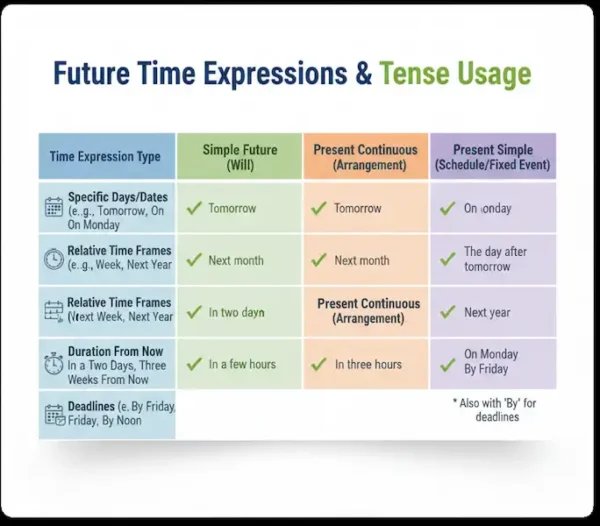
IV. Frequently Asked Questions (FAQ)
Q1: Is the phrase “at the weekend” a future time expression?
Yes, if the sentence uses a future tense. For example: “We are meeting friends at the weekend.” (or “on the weekend” in American English). It specifies a future time frame for a scheduled activity.
Q2: Can I use “will” and “going to” with the same time expression?
Absolutely. The choice between will and going to depends on the type of future action (spontaneous decision/prediction vs. pre-planned intention/prediction based on evidence), not the time expression itself.
- Plan: We are going to fly to Paris next month.
- Prediction: I think the flight will be expensive next month.
Q3: What is the most formal way to express time for a scheduled event?
For official schedules, timetables, and fixed appointments, the Present Simple combined with a future time expression is often the most formal and certain way.
- Example: The conference begins at 9:00 AM tomorrow.
Practice Makes Perfect
Here is a PDF worksheet you can download to practice Time Expressions Future Tense. The answers are on a separate page.
Additional Helpful Links
- Learn about time expressions past tense – Time Expressions – Past Tense
- Study about Present Tense Time Expressions – Present Tense Time Expressions: A Simple Guide for Students
Authoritative External Resources
For further study and a deeper dive into the relationship between time expressions and English verb forms, consult these trusted grammatical sources:
- British Council LearnEnglish: Provides comprehensive guides on various future tenses and their associated adverbs.
- Ginger Software – The Future Tense: Offers rules and detailed examples for using future forms correctly.
- EnglishClub: Explores the various structures used to express future time, focusing on certainty levels.
